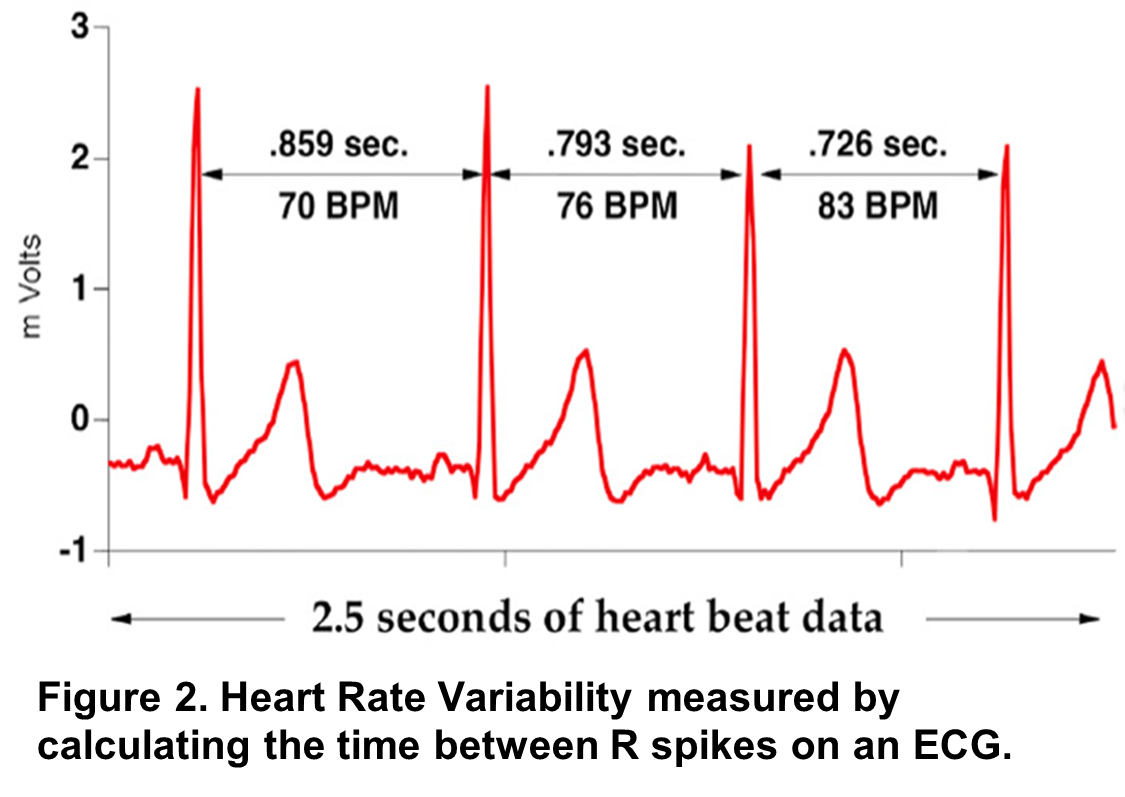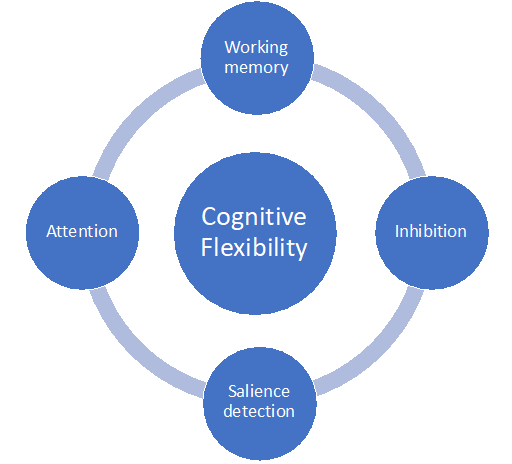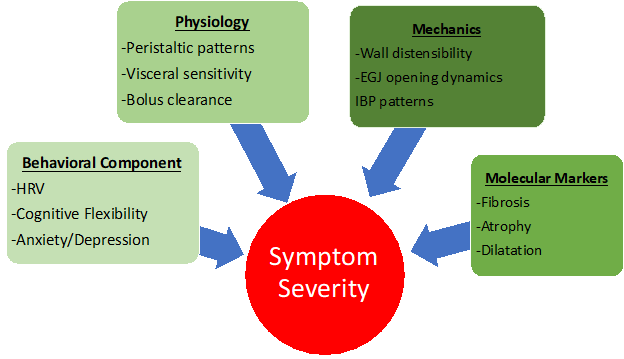Project 4: In-Natura
Project Lead: Tiffany Taft, PsyD, MIS
Project Team: Madison Simons, PsyD, Sonia Zavala, Josie McGarva
Goals & Aims
The overarching goal of Project 4 is to develop an integrative predictive model using biomarkers of esophageal distensibility, measures of HRV and measures of cognitive flexibility to define management and outcome.
This project has three primary aims:
- To assess heart rate variability (HRV) and cognitive/psychological flexibility in patients living with chronic esophageal disease.
- To test the effectiveness’ of a short, 4-session cognitive therapy delivered via tele-health for improving esophageal symptoms.
- To test the effectiveness of a short, 4-session HRV biofeedback therapy delivered via tele-health for improving esophageal symptoms.
Heart Rate Variability
Heart rate variability is the natural change in the amount of time (measured in milliseconds) between each heartbeat and is considered a measure of cardiovascular health and stress tolerance. While there is no known “good” HRV, higher HRV is associated with better health. Preliminary studies suggest HRV may be associated with increased pain in the gut via gut-brain pathways.

Cognitive/Psychological Flexibility
Cognitive / Psychological flexibility is a neuropsychological construct that measures a person’s ability to shift their attention from one task or stimuli to another, when necessary. Being more cognitively/psychologically flexible allows a person to respond better to stressful situations, especially those involving problems without obvious solutions. Cognitive flexibility is studied many other groups and helps guide behavioral treatments other chronic conditions. This is the first study to evaluate these constructs in esophageal disease.

Hypotheses
We hypothesize that altered central mediated autonomic nervous system arousal will augment visceral sensitivity and modulate symptom severity in all esophageal diseases and can be a target of a brief biofeedback intervention.
We suspect that symptom generation in esophageal disease states may be modulated by issues focused on cognitive flexibility, which can be targeted by a brief cognitive intervention.

Relevant Publications
- Esophageal Hypervigilance and Symptom Specific Anxiety in Patients with Eosinophilic Esophagitis
- Validation of the Short-Form Esophageal Hypervigilance and Anxiety Scale
- Esophageal hypervigilance and visceral anxiety are contributors to symptom severity among patients evaluated with high-resolution esophageal manometry
- Validation of the Oesophageal Hypervigilance and Anxiety Scale for Chronic Oesophageal Disease